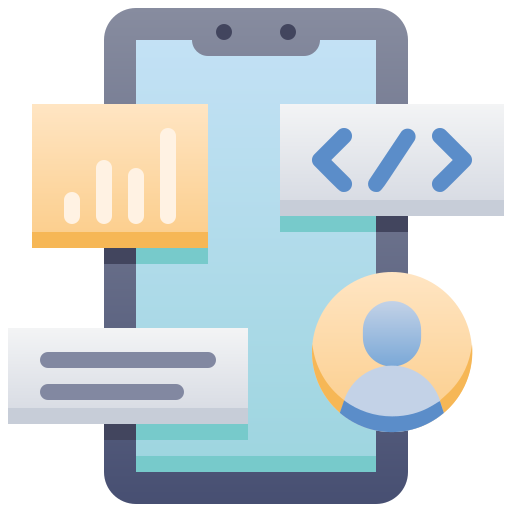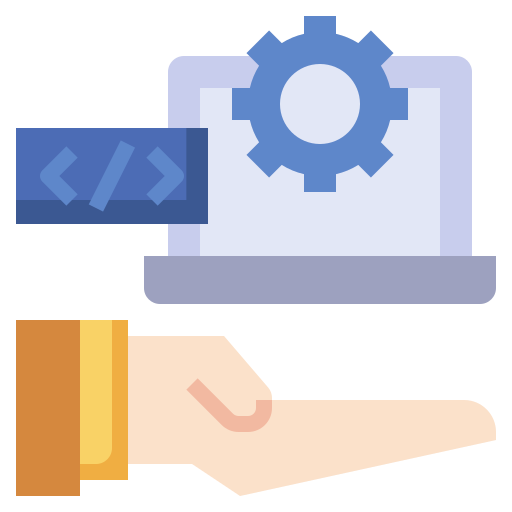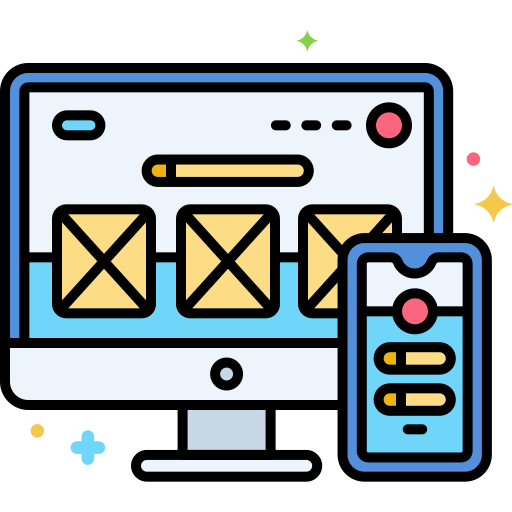- Home
-
Services
Services
Build your platform with state-of-the-art technologies and premium services designed specifically for you.
Quick
SupportGoal
OrientedFully
Committed -
Hire
Hiring Talent
Grow your business potential using our complete SEO strategies to increase website traffic and visibility.
Quick
SupportGoal
OrientedFully
CommittedBackend Development Solution
Frontend Development Solution
Mobile Application Development Solution
eCommerce Development Solution
AI/ML Development Solution
-
Technology
Frontend
Cloud & Devops
- Portfolio
- Company
- Contact Us















